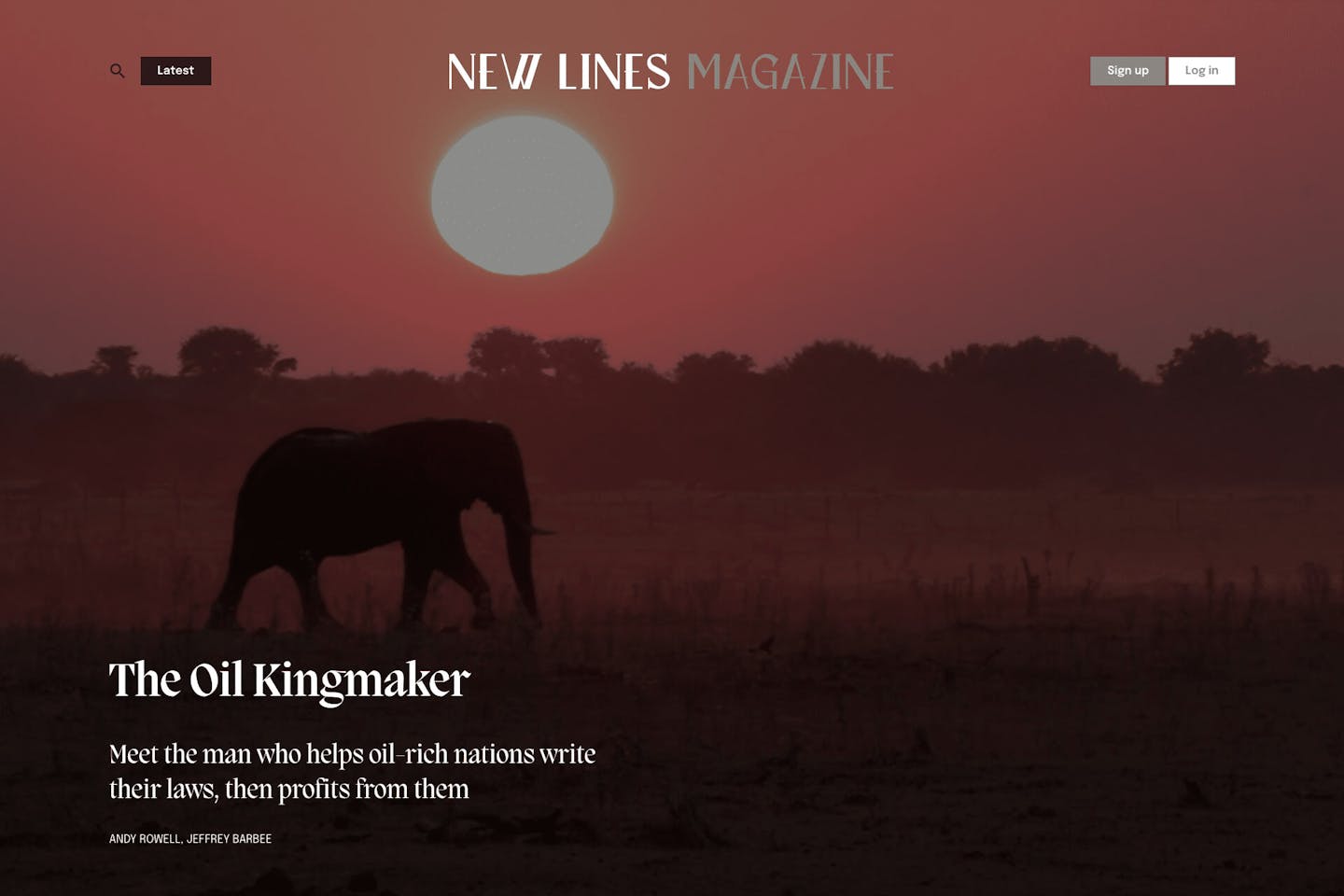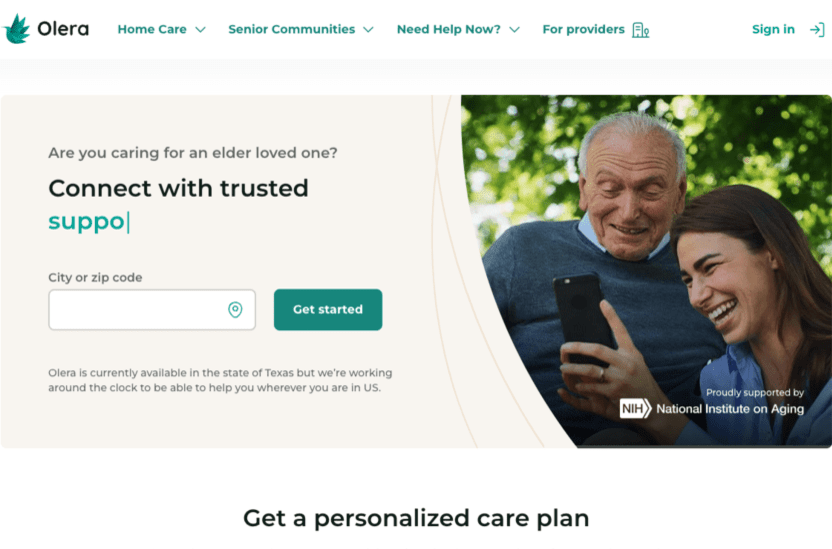Disrupting The Ancient Texts Transformation: A Report on App Development for Researchers
- Development
- Stano Dzavoronok
- 4 min read

We recently finished an app development project for researchers funded by the EU. Xfive developed a translation product in close collaboration with scholars of Open Philology.
For academic fields like the study of pre-modern languages, the shift from old to new text translation methods can be daunting. We recently finished an app development project for researchers funded by the EU. Xfive developed a translation product in close collaboration with scholars of Open Philology. The project shows how custom apps can disrupt the work of researchers with ancient Tibetan texts. Our report highlights how new ideas can solve rare challenges. We created a powerful text conversion tool. It supports researchers with no prior technical knowledge.
Project Inception and App Development Challenges
At the beginning, we encountered several challenges:
- Navigating Unfamiliar Languages. The product design had to handle complex, unfamiliar linguistic data.
- Supporting Textual Variants. It was essential to compare different versions of texts for comprehensive analysis.
- Designing for Non-Tech-Savvy Users. Designing an intuitive interface for scholars used to do traditional text work.
Innovative Solutions for Researchers
To solve these challenges, we implemented several key functionalities:
- Tokenization and Textual Variants. We created a system to break texts into tokens. Then, the system compared different versions.
- User Annotations. Scholars can add personal notes, improving in-depth analysis.
- Export Features. Users can export their work with detailed notes and text variant choices.
- JSON File Uploads. Our system accepts files processed by “Co-Latex.” It compiles text variants into a single analysis document.

The Power of Open Source
A key part of our project is its open-source nature. It is for both the product core engine and the product visual side.
- Backend Repository (product core engine): OpenPhilologyAdmin/OPEN-be on GitHub
- Frontend Repository (product visual side): OpenPhilologyAdmin/OPEN-fe on GitHub
These repositories ensure the app can grow. Anyone can contribute to them. This approach fosters a culture of ongoing improvement and customization. This open-source feature simplifies technology adoption. It makes advanced tools accessible to a broad academic audience. It is for researchers contemplating digital tool development.
Bridging Tradition and Technology
Our journey through this project showed the vital role of user-centric design. It creates practical, easy-to-use software for the academic community. We worked with our academic partners and iteratively refined our approach. This ensured the final product was functional and intuitive. The target use group is scholars unfamiliar with complex apps.

The Importance of Collaboration in App Development
Collaboration between our team and end-users was essential. Regular feedback loops and an initial discovery phase were crucial. They helped us align our technical solutions with the scholars’ needs. This process is a testimony to the power of partnerships between different fields. They can improve academic research with digital innovation.
A Model for Future Projects
Our experience with this project offers a blueprint for researchers. They are in any field and considering the leap into digital tools. The key is to follow these principles:
- Engage in Collaborative Development. Cooperation with a development team that understands the unique needs of academic research.
- Leverage Open-Source Technology. Ensure your project remains adaptable and accessible to a broader academic community.
- Prioritize User-Centered Design. Focus on making interfaces for the specific workflows and technology comfort levels of their users.
The Open Philology project shows what is possible when technology and tradition meet. The academic community can unlock new insight and efficiency. They can do so by embracing collaborative development, open-source accessibility, and user-centric design.
Are you ready to transform your innovative idea into a successful solution?
Contact us today to start your project.
For further guidance on setting up the backend and frontend components of our open-source project, please refer to the provided GitHub links.
The EU project webpage for Open Philology: The Composition of Buddhist Scriptures can be found on the following URL: https://cordis.europa.eu/project/id/741884/reporting


